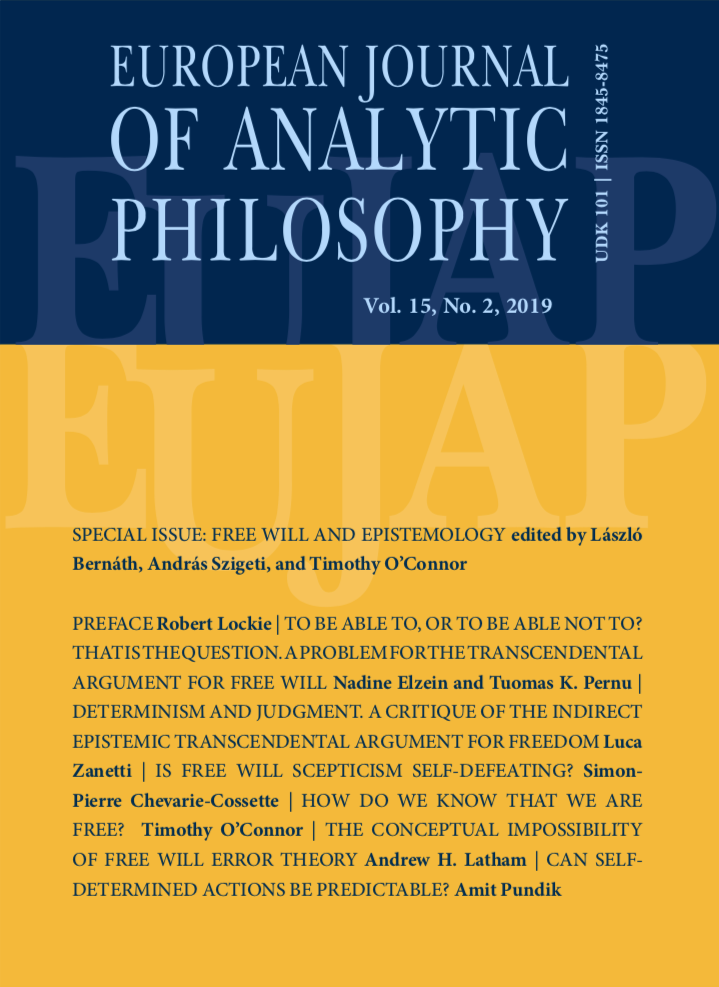Call for papers
Book Symposium – Manuel Almagro, The Rise of Polarization. Affects, Politics, and Philosophy, Routledge 2025
Guest Editors: Manuel Almagro (University of Valencia) and Miguel Núñez de Prado-Gordillo (University of Granada)
In The Rise of Polarization. Affects, Politics, and Philosophy (Routledge, 2025), the author explores questions related to the phenomenon of affective polarization. The book first offers an exhaustive overview of the relevant concepts of polarization in the specialized literature and argues that the concept of affective polarization is best suited to understanding what’s happening in contemporary democracies.
The author then introduces the standard conception of affective polarization, which he refers to as the two-dimensional view of affective polarization, and identifies its key elements, namely, political identities and the gap between feelings toward the in-group and the-outgroup. However, according to the author, this two-dimensional view offers an incomplete account of the phenomenon and ultimately distorts it.
In addition to political identities and emotions, affective polarized societies are also characterized by the presence of two-sided narratives drawn upon politically fraught issues, as well as by a growing confidence in these narratives. To address this complexity, the book proposes a multi-dimensional view of affective polarization, distinguishing five constitutive dimensions: the identity dimension, the emotional dimension, the narrative dimension, the credence dimension, and the linguistic dimension.
According to this account, affective polarization involves the mainstreaming of certain ideas, articulated in a certain way, at the core of certain political narratives, which people embrace affectively and with a high level of credence in the abstract. An underlying philosophical concern throughout the book is the idea that our political views are largely shaped by purely contingent matters.
This book symposium will feature contributions engaging with some aspects of the book, including but not limited to the following questions:
• Are our political identities and ideologies the result of contingent factors largely beyond our control?
• What role does the contingency of our beliefs and identity formation play in polarization processes?
• Is political polarization characterized by a gap between people’s abstract and concrete judgments?
• Is political polarization in general—and affective polarization in particular—an epistemologically significant phenomenon, or is it, on the contrary, epistemologically neutral?
• What role do dominant political narratives in public discourse play in affective polarization?
• How does the visual dimension influence affective polarization processes?
Confirmed contributors:
• Michael P. Lynch (University of Connecticut)
• Mouhamadou El Hady Ba (Cheikh Anta Diop University)
• Carmen Aguilera-Carnerero (University of Granada)
Deadline for contributions: September 20th, 2025. Contributions may be submitted as Original articles (9000 words, references included). See submission guidelines here: Author Guidelines.
For further information, please contact the guest editors:
manuel.almagro@uv.es; m.nunnezdep.gor@gmail.com

